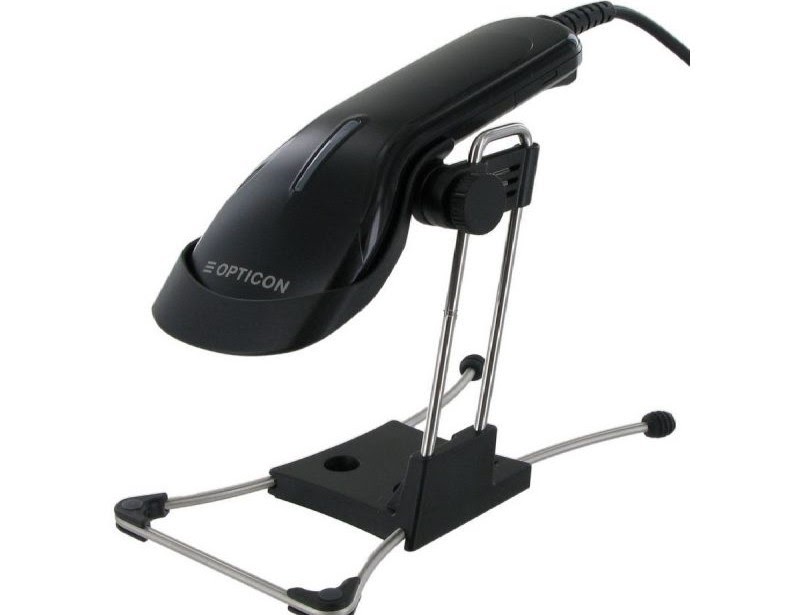The barcode scanner is a device that scans and reads the barcodes on items. This can be done either manually or automatically by a computer. Barcodes are those lines of black and white stripes you see at the checkout counter, printed on many products to help store owners track their inventory and purchases. Some barcode scanners can also scan QR codes. Here are some tips on finding the best barcode scanner for your needs and reviews on which models currently exist on the market.
Manual or Automatic?
In the past, most barcodes were scanned manually by a human. In recent years, many companies have begun purchasing automatic scanners. The difference between the two is that manual scanners require a person to move the scanner over the barcode and then wait for it to read, whereas automatic scanners scan automatically as soon as they are placed on top of a barcode.
Single or Dual-line scanning?
The main difference between a single-line scanner and a dual-line scanner is the type of barcode that it scans. Single-line scanners can scan any barcode, whereas dual-line scanners scan only certain types of barcodes. Dual-line scanners are more expensive than single-line ones because they are able to read some kinds of codes more quickly.
Single line scanners will be able to read all kinds of codes, but it may take you longer to search for the code and scan the item separately.
If you want an affordable option without sacrificing too much quality, then a single-line scanner will be the best choice for you.
What about scanning QR codes?
QR codes are those black and white squares you see on some marketing materials, which can be scanned to access more information. You can also scan QR codes with barcode scanners. If you’re looking for a barcode scanner that can work with both types of codes, this is an important detail to keep in mind.
Other considerations when choosing a barcode scanner.
A quality barcode scanner should be accurate, reasonably priced, and relatively lightweight. But there are other considerations to take into account when choosing a model. For example, if you plan on scanning items with a small surface area–like a book, for instance–you’ll want a smaller scanner. You also want to keep in mind the type of work you want to do with your barcode scanner. If you’re using it for inventory purposes only and not doing any data entry or other functions alongside the scanning, then you may not need a high-end model.
If you’re looking for a long-term solution and plan on using the barcode scanner for years to come, it’s worth investing in something that can withstand daily use and is backed by top-notch customer service. Ideally, the scanner should not only be easy to use but also offer additional features such as data collection and automatic data transfer.
Barcode scanners are an essential tool for any business. However, with so many different models and technologies available it can be difficult to know which one is best. This article presents the most important factors to consider when choosing a barcode scanner so you can buy with confidence.




